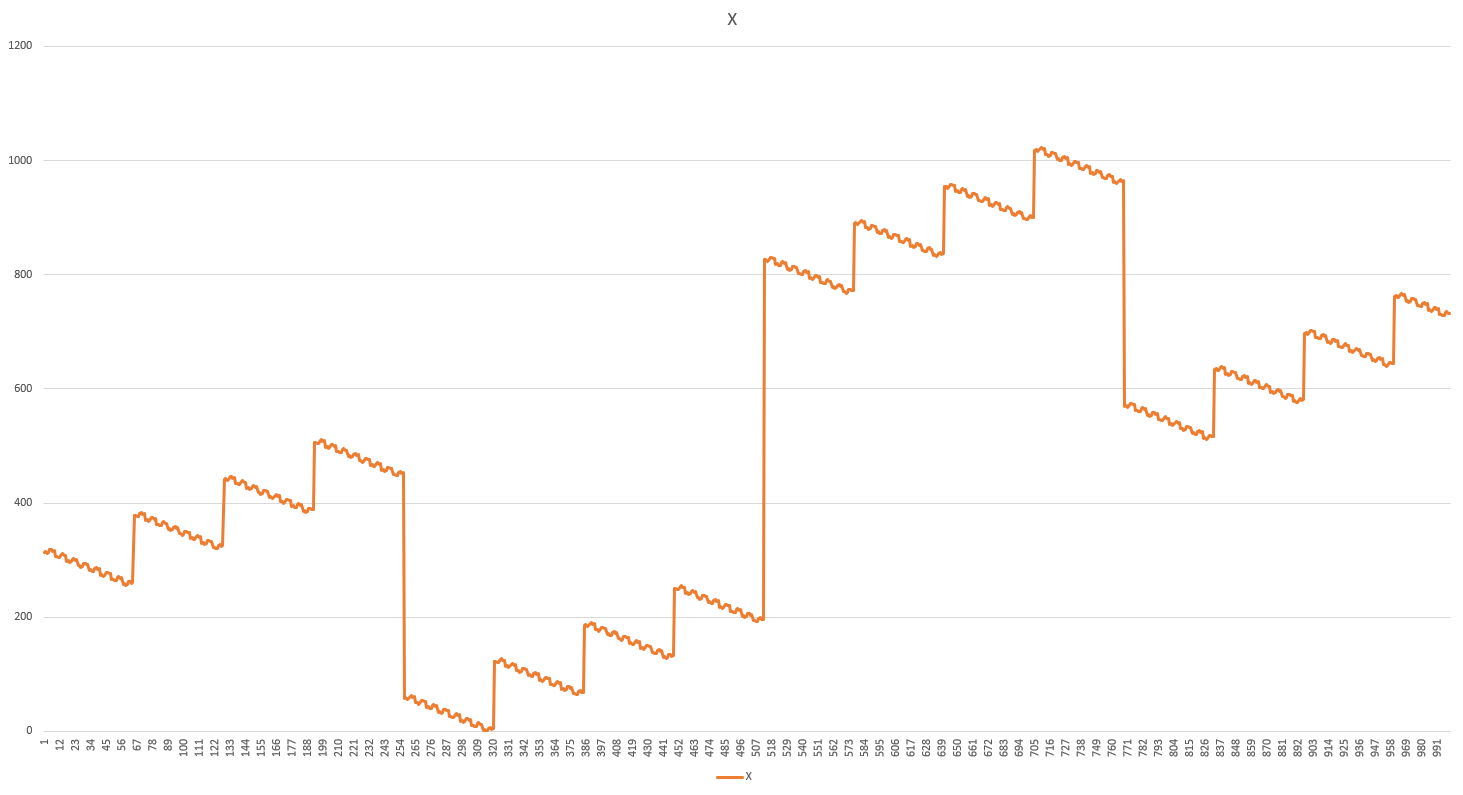I'm currently trying to improve my ChaCha algorithm implementation. Here's the my code (written in C):
#include <string.h> // memcpy
#include <stddef.h> // size_t
#include <stdint.h> // uint32_t
typedef uint32_t ChaChaSigma [4];
typedef uint32_t ChaChaKey [8];
typedef uint32_t ChaChaNonce [4];
typedef enum ChaChaStandard {
kOriginal,
kIetf
} ChaChaStandard;
typedef short ChaChaRounds;
typedef uint32_t ChaChaBlock [16];
typedef struct ChaChaMatrix {
union {
struct {
ChaChaSigma sigma; // The costant used. Usually "expand 32-byte k".
ChaChaKey key; // The key used. Has to be hashed or padded by the user manually.
ChaChaNonce nonce; // The nonce used. It's formed by a block counter and an iv.
};
uint32_t words [16]; // The words of the matrix. Used for raw access.
};
ChaChaStandard standard;
ChaChaRounds rounds;
} ChaChaMatrix;
// trick to have default values
#define INIT_CHACHAMATRIX(...) ((ChaChaMatrix){ \
.sigma = {0x61707865UL, 0x3320646eUL, 0x79622d32UL, 0x6b206574UL}, \
.key = {0, 0, 0, 0, 0, 0, 0, 0}, \
.nonce = {0, 0, 0, 0}, \
.standard = kOriginal, \
.rounds = 20, \
__VA_ARGS__ \
})
uint32_t rotl32 (uint32_t n, short r) {
return (n << r) | (n >> (32 - r));
}
void ChaChaStep (uint32_t x[16], size_t a, size_t b, size_t c, short r) {
x[a] += x[b];
x[c] = rotl32(x[c] ^ x[a], r);
}
void ChaChaQuarterRound (uint32_t x[16], size_t a, size_t b, size_t c, size_t d) {
ChaChaStep(x, a, b, d, 16);
ChaChaStep(x, c, d, b, 12);
ChaChaStep(x, a, b, d, 8);
ChaChaStep(x, c, d, b, 7);
}
void ChaChaVerticalRound (uint32_t x[16]) {
ChaChaQuarterRound(x, 0, 4, 8, 12);
ChaChaQuarterRound(x, 1, 5, 9, 13);
ChaChaQuarterRound(x, 2, 6, 10, 14);
ChaChaQuarterRound(x, 3, 7, 11, 15);
}
void ChaChaDiagonalRound (uint32_t x[16]) {
ChaChaQuarterRound(x, 0, 5, 10, 15);
ChaChaQuarterRound(x, 1, 6, 11, 12);
ChaChaQuarterRound(x, 2, 7, 8, 13);
ChaChaQuarterRound(x, 3, 4, 9, 14);
}
void ChaChaComputeBlock (ChaChaMatrix * matrix, ChaChaBlock * block) {
memcpy(block, matrix, sizeof(uint32_t)*16);
short i;
for (i = 0; i < matrix->rounds; i+=2) {
ChaChaVerticalRound(*block);
ChaChaDiagonalRound(*block);
}
for (i = 0; i < 16; i++) {
(*block)[i] += matrix->words[i];
}
}
I'm still planning an implementation to increase the counter without having to deal with type cast and IETF/Original standards.
The second action performed on the matrix uses the variable part (the block counter, inside the nonce). Because this (usually) increases only by 1 unit every time I was wondering if there's a way to improve its XOR efficency.
I opened excel and plotted a grpah of BITXOR(314, i), i being the variable going from 0 to 999. The graph shows a nice pattern. Every 0x100*n (in other words: every 4 "big downward steps" by 0x40 units) it jumps. The pattern is similar to the XOR(0, ..., n) one (?)
My question are:
- Are there some efficient ways to calculate
a XOR (b+1)knowna XOR b? The pattern, to me, suggests that it might be possible, but I'm not smart enough to find a solution... - Does it make sense to implement this tiny improvement?
PS: if the software engegneering stackexchange better fits the question format I can move it there :)


(a ^ (b + 1)) == (a ^ b) ^ (b ^ (b + 1))to compute that thing from the "previous" thing, but that's worse. It's hard to compete with 2 operations. \$\endgroup\$